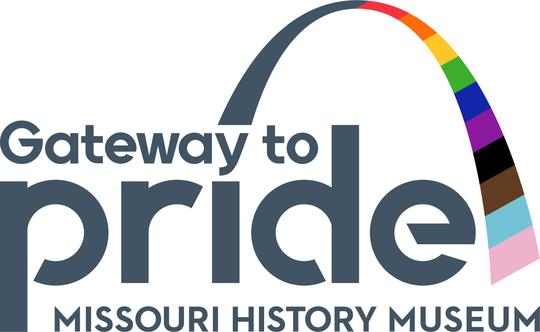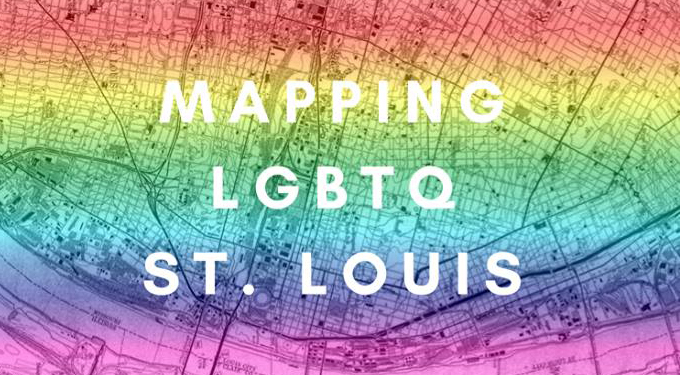Christmas Memories - Giving Back
By James Hawkins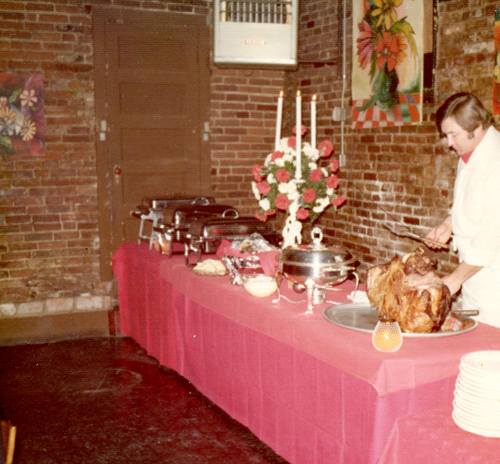
December 23, 2016: I guess because of bad experiences that I had when I was a child, I got to where I did not like anyone having a birthday party for me.
My birthday was a few weeks from Christmas and I can't recall all the times I would hear an adult say “Jimmy's birthday is so close to Christmas we will just get him something for Christmas” knowing all the while they were not going get you anything. When your a little kid, that shit hurts.
After Jerry Edwards and I entered into the bar business (The Red Bull and The French Market) this stigma still bothered me. I decided to do something in a more positive way. There were at that time Toys For Tots programs which military organizations ran for underprivileged children.
I checked with a few hospitals to find out if any of them needed help in acquiring toys at Christmas time. The one hospital that attracted my attention was Cardinal Glennon's Children Hospital. No organization at that time donated toys to their hospital.
This is what I did on my birthday in the early 1970s, I had a Toys for Tots collection for them. Every time I did this, it went passed all my exceptions. We started the drive two weeks before my birthday at both bars - The Red Bull and The French Market - and we filled up with new toys and gifts of money.
I wanted to make sure the hospital got everything. I had someone who represented Cardinal Glennon's Hospital be present on the final night to collect the donated money and toys.
I will never be able to express in words how that made me feel. There is a reason for everything in this world and I really believe what happened to me as a child set me in the right direction to help others and in turn gave me back meaning of the day I was given birth.
Not knowing at the time when we had the toy collection how far reaching the effects would be. The first News Years Eve at The French Market several policeman and fireman came in in full dress uniform. All were smiling and their head spokesman happily let us know they were there to tend bar and to wait on our customers. There was no way we could say no especially when most of them were so damn good looking.
Of course Blanche stayed at the bar to make sure they served the drinks correctly and the girls made sure the waiters knew what to do. We still were supposed to close at 1:30 am. When that time arrived they informed me to forget it. There was not a cop in town that would close us and we could stay open all night if we wanted to. And we did. Why were they doing this? It seems that all policemen and firemen had children who were treated at Cardinal Glennon's Children Hospital and it was their way of returning the favor. How do you like those apples!
Picture: Every Christmas we also gave away free dinners to all our customers from all our locations that no longer had a family to go to, or were no longer welcome at home. Many of our friends volunteered their time on the holidays to make this a festive occasion. The French Market, early 1970s holiday buffet.
Image courtesy James Hawkins
NAMES Project Metro St. Louis Chapter (1987-1994 History)
By John Hilgeman
Posted December 1, 2016/Written October 7, 1997:
Ten years ago, on a crisp Sunday morning, the 11th of October, at the light of dawn, the NAMES Project AIDS Memorial Quilt was unfolded on the Washington DC Mall. Two panels with St. Louis connections, were among the nearly two thousand three by six foot multi-colored cloth panels opened to the rising sun, the spirits of those they remembered, released to the air above the Quilt, to move among the pilgrims walking their pathways, until the time came for the Quilt to be folded up at day's end. A poem written by Pat and Mayer Levy, graced the cover of the program that day. Their panel for their son, Michael Jay Levy, displayed this evening in the room next door, and the panel for Richard Neil Eastman, were the first of hundreds of St. Louis panels too soon to follow. Both are pictured in the book: The Quilt, Stories from The NAMES Project.
That Sunday in October was also the day of the second Lesbian and Gay March on Washington. For many of us at the march, that display of the Quilt was our first exposure to the Quilt. Patrick Leonard, my buddy, and I stopped at the Quilt on our way to the March rally. In a radio interview Patrick did with Sandra Spiritas in December 1998, three months before he died, he described his reaction to his first viewing of the Quilt, and elaborated on the energy, the meaning that kept him going as he worked, over the next months, despite the complications of AIDS, on setting up a workshop, organizing a chapter, looking for a site for a display, arranging media interviews, and doing the hundreds of other things that got the workshop, chapter, and display off the ground.
Word had gotten around after the display in DC that the Quilt might be going on display in sites around the country, including St. Louis. A meeting was called for the evening of January 3, 1988, and Jack Caster came to town from the NAMES Project in San Francisco, to tell us about the plans, and encourage us to work on finding a display site, and preparing for the visit of the Quilt. Fifteen of us were there that evening at the Red Cross building, the site of St Louis Effort for AIDS, an organization that would prove to be a great friend of the chapter over the years, paying phone bills, providing volunteers, getting out information, etc. Jack took a photo of all of us there that evening. I don't know where a copy is, and don't have a complete list of all those at the meeting.
I recall some of the most active people in the early days of the chapter being: Mayer and Pat Levy (who co-chaired the display committee and lined up major funding from AT&T), Trish Phifer-Harwig, Vann Johnson, Tony D'Angelo, Patrick Gregory, Tony Hatch, Tim Cusick, Joel Hershey, Tish and Bill LaRock (and their daughter Rachel), Bill's lover Glenn Warnecke, David Long, and a woman named Norvella, and Ron Walker. Patrick Leonard's lover, Dan, worked logistics for the display, Ellen Lowenstein coordinated volunteers, and Roseanne Weiss handled public relations.
Read more: NAMES Project Metro St. Louis Chapter (1987-1994 History)
Gay Travel in the 1970s: Ciao! Magazine Profiles St. Louis
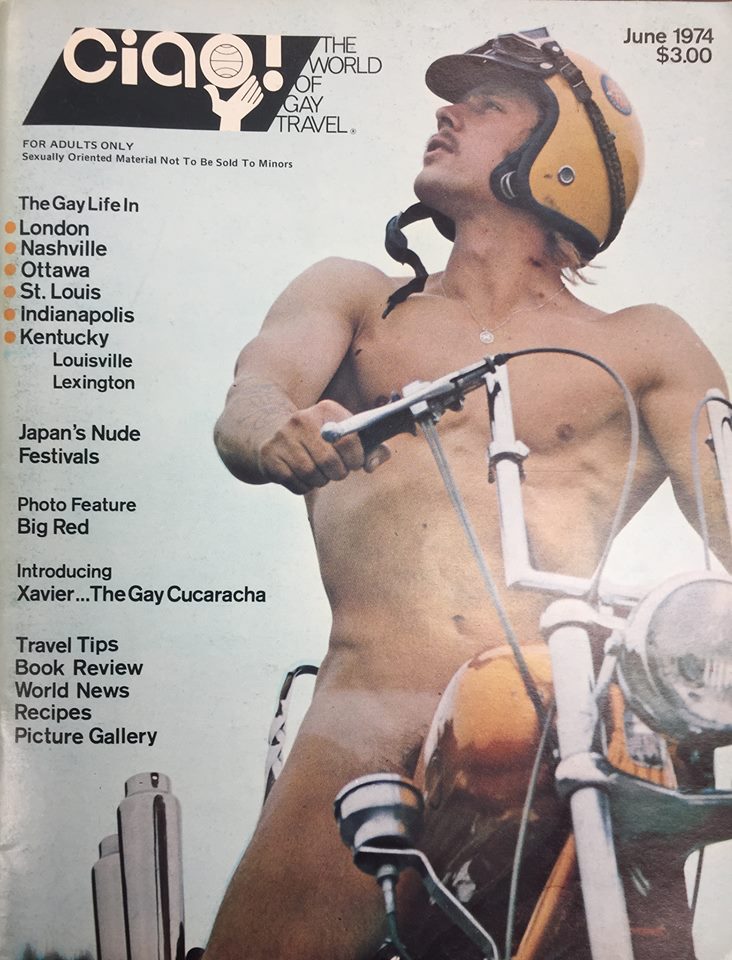 November 4, 2016: Ciao! was a pioneering gay male travel magazine in business for most of the 1970s. Exemplifying the open and uninhibited style of the gay liberation era, Ciao! profiled cities all over the world. In 1974, they published a piece on St. Louis. Ciao!'s article on the Gateway City offers a revealing looking at St. Louis's gay scene as it was more than forty years ago. The article features rare images of several St. Louis LGBT destinations.
November 4, 2016: Ciao! was a pioneering gay male travel magazine in business for most of the 1970s. Exemplifying the open and uninhibited style of the gay liberation era, Ciao! profiled cities all over the world. In 1974, they published a piece on St. Louis. Ciao!'s article on the Gateway City offers a revealing looking at St. Louis's gay scene as it was more than forty years ago. The article features rare images of several St. Louis LGBT destinations.
These include the only known surviving photograph of Club 115, a gay bar that in various guises had been open since at least the early 1950s. Read Ian Darnell's blog post about Ciao! from the Project's partnership with the St. Louis LGBTQ Mapping Project in partnership with Washington University and the Missouri History Museum. Ciao!
Herbies' History
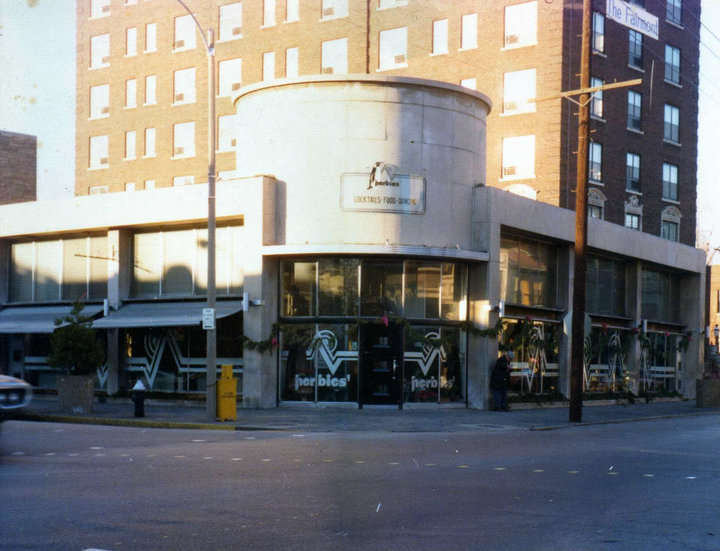
By Steven Brawley
October 30, 2016: St. Louis' Herbies' was legendary. No account of St. Louis' LGBT history is completed without the wild stories of the bar, its staff, and patrons. Herbies' was the epicenter of St. Louis' CWE and its early 1970s Halloween celebrations.
During 2016, a group of former Herbies' staff and patrons began a Facebook group to recall remembrances of the storied bar. The following history was posted to the group along with several memories from Herbies' staff. Thanks to the entire group for sharing their recollections.
Herbies’ History: Edited by Richard Schulte
Having successfully opened Balaban's in 1972. Herbie Balaban Carp (he later dropped the Carp on the death of his stepfather I.L.Carp) felt he had more to achieve. What he had set out to do was restoring the Central West End, a once tony area with shops, tea rooms, luxury housing, and tons of fading charm.
With Saks, Montaldo's, Peck and Peck, and other stores leaving Maryland Plaza, the popular Woman's Exchange, a charming lunch and retail business at the corner of Maryland and Euclid, also made the exodus and this opened up a huge opportunity to the ambitious developer.The impressive Art Deco building would make a top rate restaurant with great style and panache as only Herbie could do.
Along with his bar manager from Balaban's, Herb Glazier, they would open Herbies’. Employing former St. Louisan Jimmy Miller, a designer and artist, Patsy Degener, and a full gamut of additional St. Louis talent - including Sam Langley who designed and painted the iconic Art Deco penguin windows, their project grew into probably the most unique eatery in the country.
The publicity was instantaneous.The menu items included New Orleans style BBQ shrimp, Steak Diane, and Bananas Foster. The wait staff wore pleated grey striped trousers, pale green shirts, and burgundy sweater vests. The hostess was the stunning African American model Carmen Davis and Ernst Trova style planters were placed along brushed chrome railings and brimmed with fresh flowers.
No expenses were spared. The reception locally was mixed with people expecting a new Balaban’s. Herb Glazier installed top of the line bar equipment including a drink "gun" that gave a one ounce shot of liquor, the proper amount, but locals were used to a good full hand poured shots, and the place got a reputation as an expensive bar with weak drinks.
The food while interesting, but wasn’t as drop dead over the top wonderful as Adalaide Balaban and Lady Charles had down the street at Balaban’s, and the crowds thinned.
Glazier, a well intentioned man was no Herbie, and as a host had no panache. He would never buy anyone a drink, and all this fantasia seemed hopelessly wasted. Things went from bad to worse when it was found that a Herbies' waiter had hepatitis and died. The place was dying on the vine. Glazier got antsy and wanted to be bought out within the first year and a half of business.
Herbie’s wife Adalaide, who didn't want the place at all initially, was thrown in as Herbie was needed full-time at the ever booming, ever expanding Balaban’s. New dining rooms could not be opened fast enough. Adalaide was close friends with employee John Sullivan, a young gay man, delighted with the world of grown ups and his very open sexuality. He had traveled to San Francisco and New York and was thrilled with the disco bars and the in your face openness of Castro Street and Greenwich Village.
Several adventurous St. Louis businessmen hoping to capture that type of excitement opened a bar (the Bijou) at the very East end of Maryland Avenue at Boyle in a loft warehouse space with a disco booth featuring a big personality DJ named Byron Boone, a young beautiful black drag queen who had worked worked at Helen Schrader's in East St Louis.
